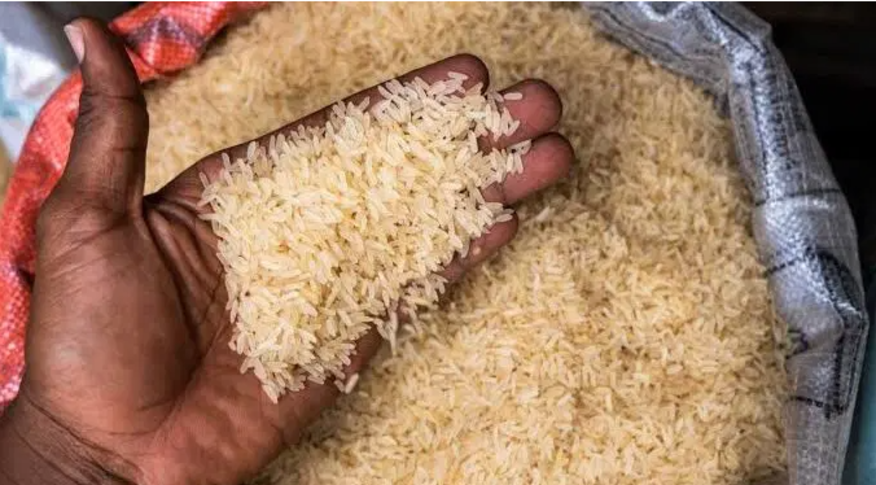African Researchers Harness AI and Traditional Medicine to Advance Drug Discovery
In a groundbreaking effort, African researchers are combining Artificial Intelligence (AI) with traditional medicine to develop new treatments for neglected diseases. Fidele Ntie-Kang, an associate professor of pharmaceutical chemistry at the University of Buea, Cameroon, is leading the charge, using AI to screen hundreds of natural compounds to find potential medicines.
Growing up in Cameroon, Ntie-Kang suffered from malaria and was fascinated by the traditional medicines used to treat the disease. This sparked his passion for identifying less toxic treatments derived from Africa’s natural resources. Today, he is spearheading a team of researchers to develop homegrown solutions to globally neglected diseases.
Traditional medicine plays a crucial role in Africa, with over 80% of the population relying on it. The continent is home to over 40,000 unique plant species, many of which have been used effectively in modern medicine. However, despite their known effectiveness, there has been limited systematic exploration by pharmaceutical researchers. Ntie-Kang’s team is working to change this by building an online database of compounds found in African natural products.
The team is also overcoming the challenges of conducting research in Africa, including frequent power shortages and limited access to resources. They have installed solar panels to ensure research continuity and are working to build an online platform that is accessible to researchers across the continent.
AI is revolutionizing drug discovery in Africa, allowing researchers to screen millions of molecules in less than a day. Ntie-Kang’s team is using AI-supported techniques to identify natural compounds that may hold treatments for viral diseases such as COVID-19 and HIV.
The broader implications of this work are significant. By tapping into Africa’s natural and human resources and applying new technologies like AI, the continent can develop homegrown solutions to its healthcare challenges. The team’s online database and innovative screening techniques aim to aid in the discovery of treatments for diseases that have been neglected by the global pharmaceutical industry.
As Ntie-Kang notes, “By applying new technologies like AI, we can develop homegrown solutions to our healthcare challenges. We are laying the foundation to ensure that Africa’s wealth of natural plant medicine is fully utilised to address our public health needs and we’re proving that Africa can be a leader in cutting-edge drug discovery.”



